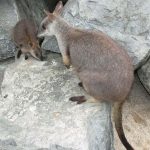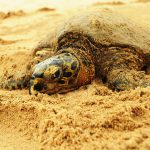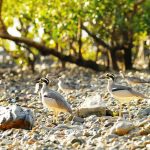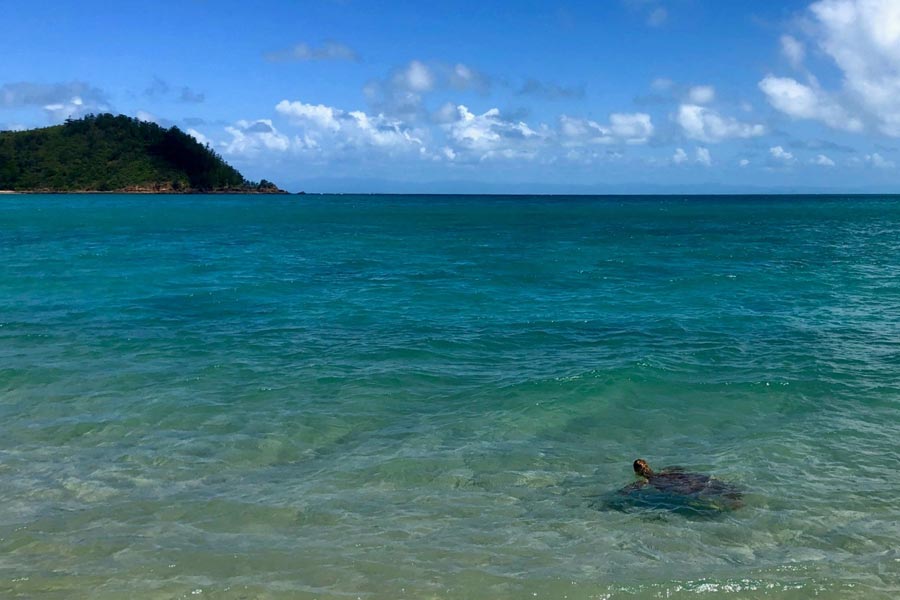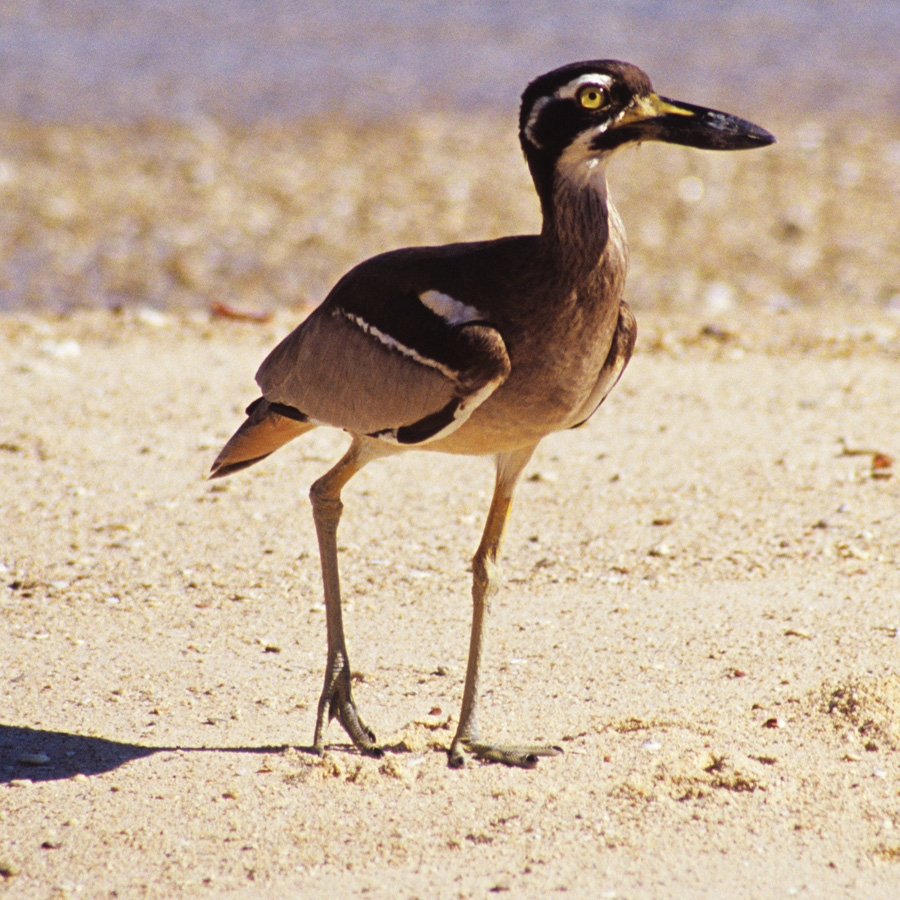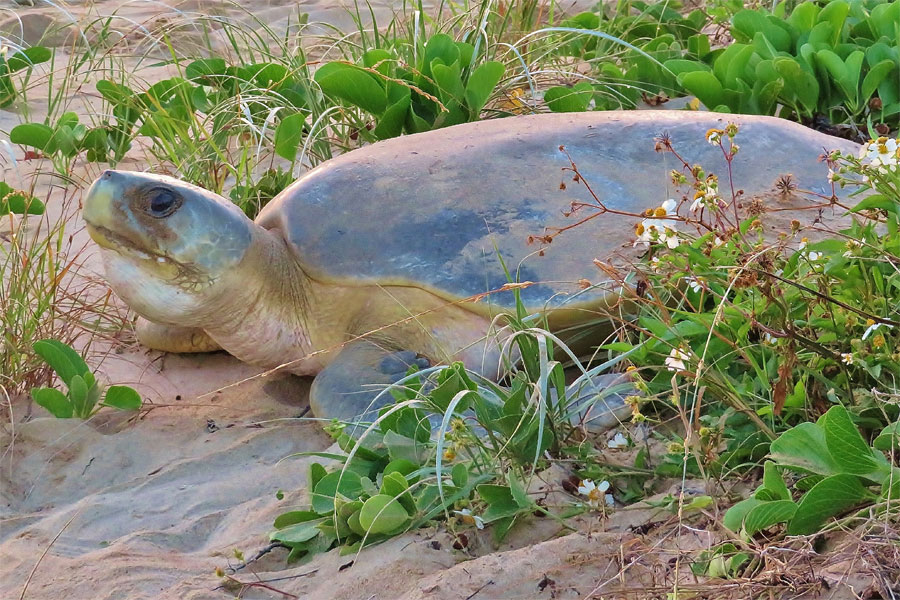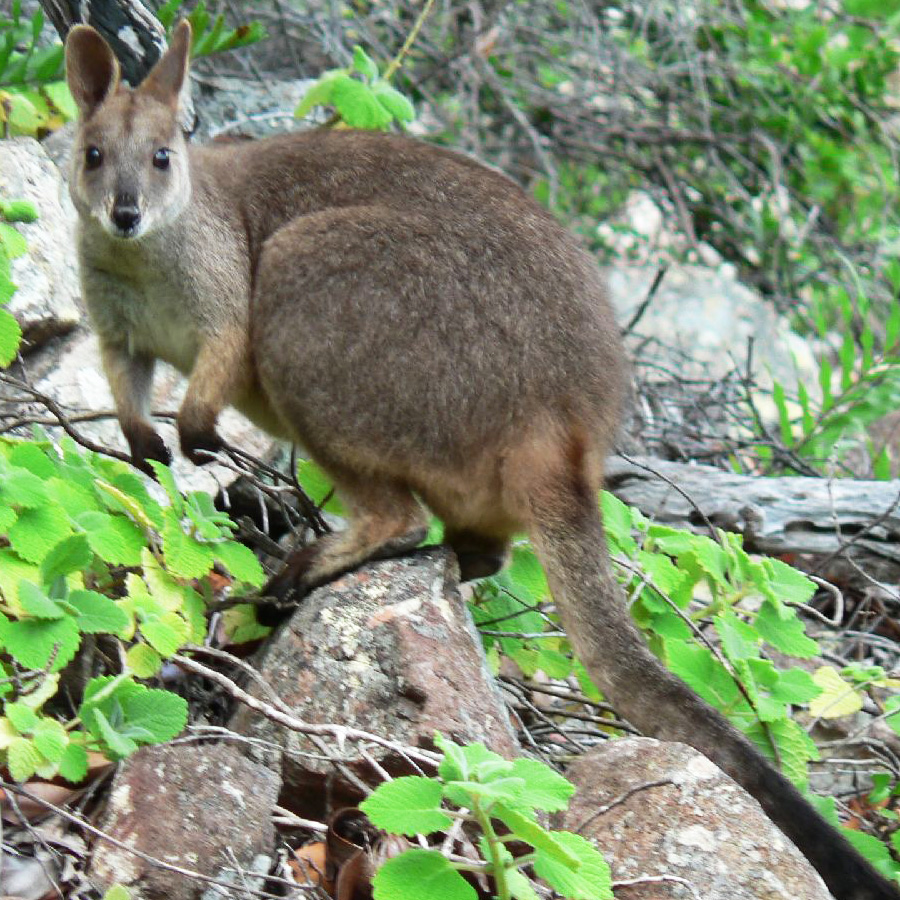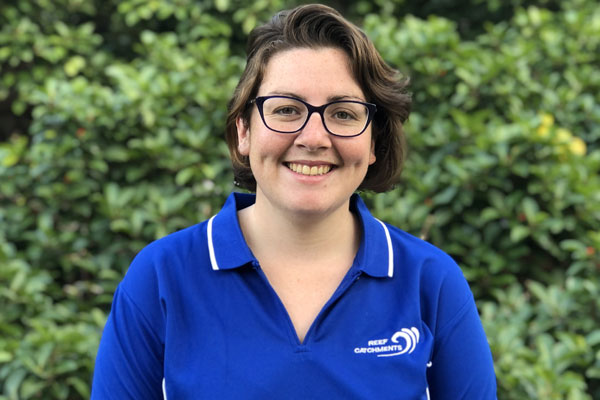Supporting island biodiversity through a range of projects
Reef Catchments works with many partners to conserve the unique biodiversity supported by Australia’s islands, and, in doing so, to enhance and sustain the social and economic prosperity of island communities.
Regional Islands
The islands of the Mackay, Whitsunday, and Isaac region are home to some of the worlds most beautiful and critically endangered habitats in Australia including beach scrub and littoral rainforest. The islands also provide habitat or nesting ground for vulnerable animals including the Proserpine wallaby and the green and flatback turtles and the beach stone-curlew.
Islands provide unique opportunities in conservation due to the ability to completely eradicate feral animals and pests. Islands have successfully reintroduced threatened animals and are now seen as safe harbours for conservation into the future.
Our Islands, however, are under threat from development, climate change, invasive weeds, and marine debris, all of which threaten to disrupt the delicate ecosystem balance.
Control invasive species
Reef Catchments works in partnership with the Australian Government, Queensland Parks and Wildlife Service, and sub-contractors to rehabilitate and conserve the islands of the Mackay, Whitsunday, Isaac regions.
Our focus is on invasive weed species. We target the highest priority weeds and maintain an adaptive management approach to ensure we are getting good value for our funding. Wherever possible, we seek to engage volunteers, providing them with the opportunity to contribute to a hands-on program focused on island rehabilitation and conservation.
Remove marine debris
Ecobarge Clean Seas and Reef Catchments work together to remove marine debris from islands in the Whitsundays. We target our approach by focusing on those beaches which face the prevailing wind and therefore receive the most washed-up debris.
Ecobarge has removed an incredible 193,000 kg of marine debris from the Whitsunday Islands since the program began in 2009! This program undoubtedly saves countless numbers of marine life each year from cruel injuries and even deaths caused by litter. You can become involved in the program by contacting Ecobarge Clean Seas Inc.
Saltwater People
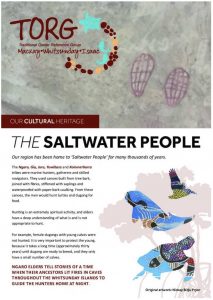 Many Traditional Owners throughout this region have a strong connection to the ocean and islands. They are called Saltwater People.
Many Traditional Owners throughout this region have a strong connection to the ocean and islands. They are called Saltwater People.
Over many thousands of years, Saltwater People have played a large role in shaping and influencing our islands and the marine environment in general. These islands are a part of the Great Barrier Reef World Heritage Area, and one of the ways we can protect the Outstanding Universal Value of the reef is to respect and preserve the cultural heritage and the connection to country that Saltwater People retain.
Learn what types of cultural heritage are present throughout the islands, and how to appreciate it respectfully.
Seagrass Community Monitoring
Every year, volunteers come together to collect citizen science data about five seagrass sites across our region. At the northern sites, this is led by Whitsunday Seagrass Volunteers. Reef Catchments seeks to support a similar volunteer group in Mackay/Isaac to monitor southern sites.
Each site is monitored twice a year for species diversity, biomass, and seagrass health indicators. Volunteers also frequently see dugong feeding trails, octopus, coral, and other exciting coastal inhabitants!
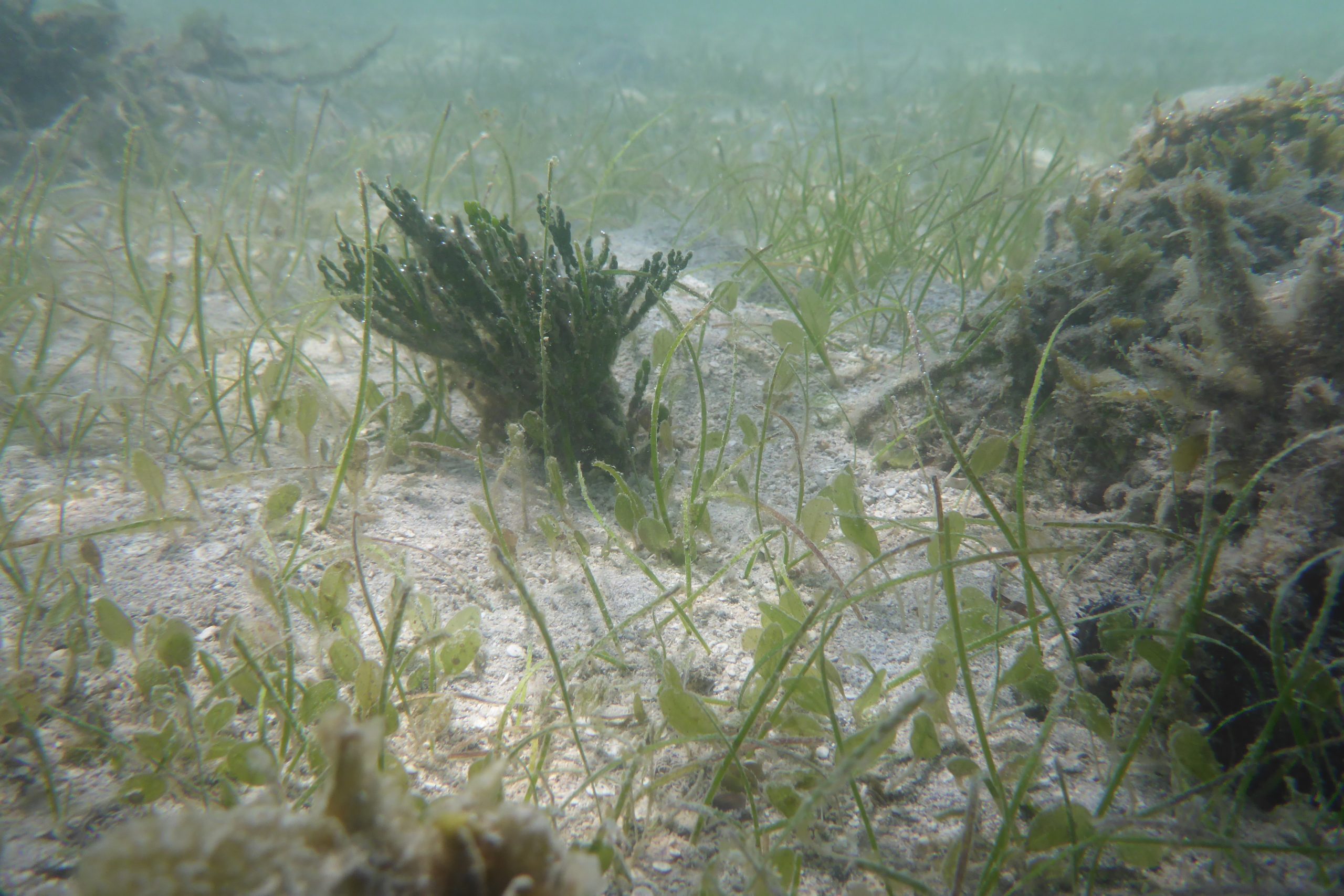
The sites we currently monitor include:
- Hideaway Bay
- Pioneer Bay
- Dingo Beach
- St Helens
- Clairview
Data collected
The data collected during seagrass monitoring is provided to Seagrass Watch HQ which appraises the information. Once data quality is assured, Seagrass Watch HQ analyses the data to make conclusions about the health of the seagrass. Following this, a grade is given to the seagrass. This grade is then included in the Mackay Whitsunday Healthy Rivers to Reef Partnership annual report card.
Would you like to volunteer to protect our seagrass?
If you would like to help collect this data, please join one of the Facebook groups for more information, dates, and times, or contact Kymberley (details below).
Links
